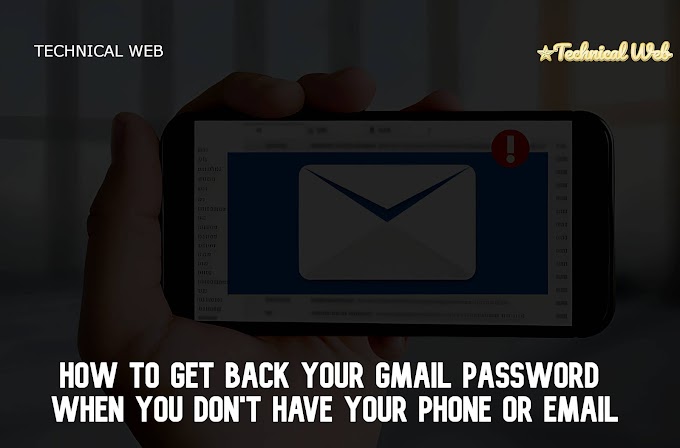Keeping Safe Online: Easy Tips for Cybersecurity
Content:
Know About Online Dangers
Make Strong Passwords
Use Two-Step Verification
Update Your Devices
Be Careful When Browsing
Secure Your Home Wi-Fi
Watch Out for Bad Emails
Try a VPN for Safety
Learn and Teach Others
Backup Your Stuff Regularly
Learn about the bad stuff that can happen online. There are hackers and scams that can trick you, so it's important to know what to look out for.
Make Strong Passwords
Use passwords that are hard to guess. Mix up letters, numbers, and symbols to make them strong. And don't use the same password for everything.
Use Two-Step Verification
This adds extra security to your accounts. After you enter your password, you'll need to do something else, like getting a code on your phone.
Update Your Devices
Update the software on your phone, computer, and other devices. Updates often fix security problems, so it's important to do them regularly.
Be Careful When Browsing
Watch out for shady websites and ads. Stick to trusted sites, and don't click on links or download stuff from places you don't know.
Secure Your Home Wi-Fi
Make sure your Wi-Fi at home is safe. Change the password from the default one and use strong encryption to keep hackers out.
Watch Out for Bad Emails
Be cautious with emails, especially from unknown senders. Don't open attachments or click on links unless you're sure they're safe.
Try a VPN for Safety
A VPN hides your internet activity and keeps your data private. It is particularly helpful while utilizing public Wi-Fi, such as that found in coffee shops and airports.
Learn and Teach Others
Stay informed about online safety and share what you know with friends and family. The more people know about cybersecurity, the safer we all are.
Backup Your Stuff Regularly
Make copies of your important files and photos. That way, if something bad happens to your computer or phone, you won't lose everything.
FAQs
What are cybersecurity threats?
A: Cybersecurity threats are malicious activities or attacks aimed at exploiting vulnerabilities in computer systems, networks, or individuals' personal information. These dangers include of hacking attempts, malware, phishing schemes, and viruses.
How can I make strong passwords?
A: To make strong passwords, use a combination of letters (both uppercase and lowercase), numbers, and special characters. Avoid using easily guessable information like your name or birthdate, and refrain from using the same password for multiple accounts.
What is two-step verification, and why is it important?
A: Two-step verification adds an extra layer of security to your accounts by requiring you to provide a second form of identification, such as a code sent to your phone, in addition to your password. This keeps unwanted access at bay even in the event that your password is stolen.
How often should I update my devices?
A: It's essential to update your devices, including computers, smartphones, and tablets, regularly. Software updates often include security patches that fix vulnerabilities and protect against known threats, so it's best to enable automatic updates whenever possible.
What should I do if I encounter a suspicious website or email?
A: If you come across a suspicious website or receive an email from an unknown sender that seems suspicious, it's best to avoid clicking on any links or downloading any files. Instead, report the website or email to the appropriate authorities or your email provider.
Why is securing my home Wi-Fi important?
A: Securing your home Wi-Fi network is crucial to prevent unauthorized access to your internet connection and personal data. By changing the default admin credentials, using strong encryption protocols, and enabling network firewalls, you can protect your home network from cyber threats.
What are the benefits of using a VPN?
A: A Virtual Private Network (VPN) encrypts your internet connection and masks your IP address, providing enhanced privacy and security when browsing the web. VPNs are especially useful when using public Wi-Fi networks, as they prevent hackers from intercepting your data.
How can I educate others about cybersecurity?
A: You can educate others about cybersecurity by sharing resources, articles, and tips on safe online practices. Encourage friends, family, and colleagues to use strong passwords, enable two-step verification, and stay informed about the latest threats and scams.
Why is it important to back up my data regularly?
A: Regularly backing up your data ensures that you won't lose important files or documents in the event of a cyber attack, device failure, or data breach. By storing copies of your data in a secure location, such as cloud storage or an external hard drive, you can restore it if needed.






